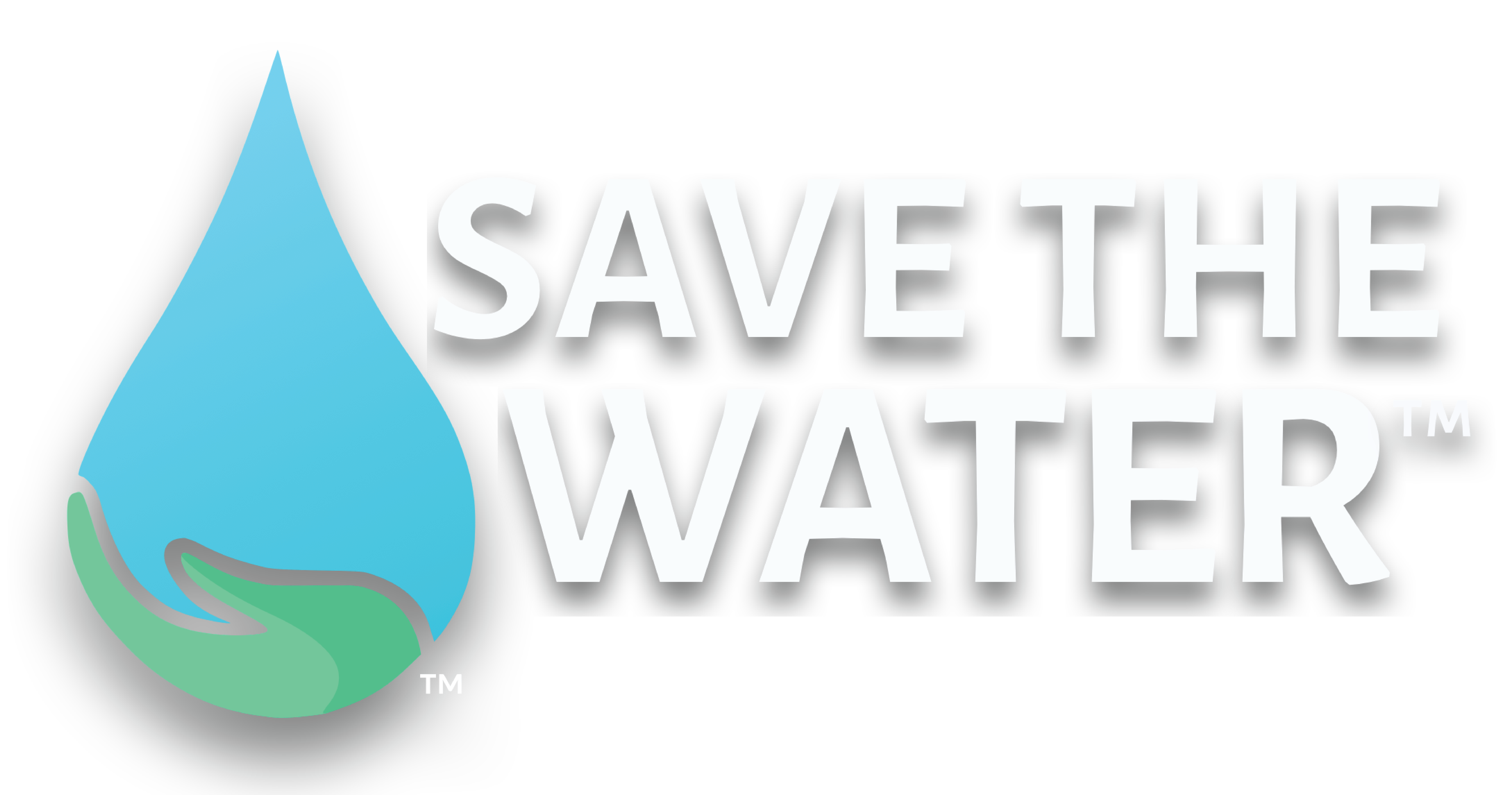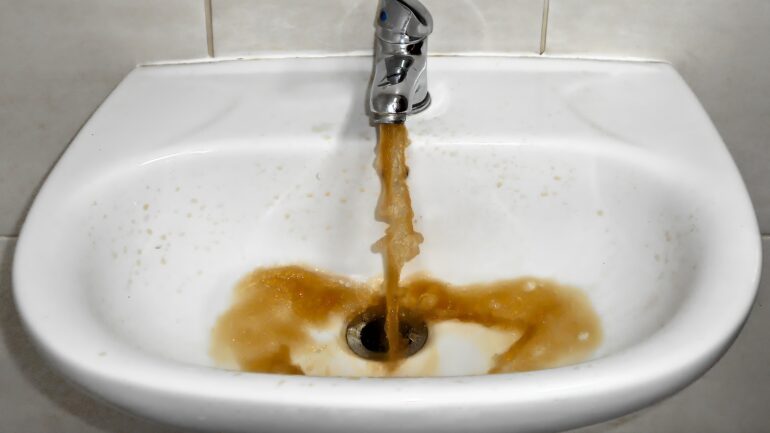By Samhar Almomani, Publishing Associate: Researcher and Writer at Save the Water™ | July 28, 2023
“Forever Chemicals,” or PFAS—per- and polyfluoroalkyl substances—chemicals, were found in nearly half of US faucets, according to a study conducted by the United States Geological Survey (USGS). This federal study is considered one of the most comprehensive of its kind. Specifically, it shows the risks of exposure to forever chemicals in the drinking water supply of many citizens. These chemicals pose special risks due to the array of items they show up in, such as nonstick pans and food packaging.
There were no policy suggestions in the report because of the agency’s status as a scientific research agency. However, the study shares important information that can be used to better understand the risk of exposure to these chemicals. Furthermore, it can aid in making decisions about the need to test or treat drinking water supplies.
What are Forever Chemicals?
Forever chemicals are a class of chemicals often added to products to make them grease proof, waterproof, stick-proof, or stain-resistant. They’re found in many items that people use daily , which makes them especially dangerous. These include carpets, umbrellas, medical equipment and masks, and numerous other products.
The term “forever chemicals” refers to the fact that they often resist breakdown in the environment and in our bodies. As a result, not only are they widespread but they also may take decades to start breaking down. Manufacturers aren’t mandated to disclose to consumers that they are using forever chemical. Therefore, it is difficult to fully grasp the extent to which these chemicals enter our lives. The United States Environmental Protection Agency (EPA) doesn’t have any regulations and doesn’t test for most forever chemicals. For this reason, they could be more widespread than we think.
Although the study focused on drinking contaminated water, there are several ways exposure to forever chemicals can occur:
- Eating fish that come from water contaminated with these chemicals
- Swallowing soil or dust
- Eating food grown in places that use these chemicals
- Eating packaged foods
- Using consumer products that are resistant to staining, water, or grease
How are Forever Chemicals Harmful?
Studies have shown a link between forever chemicals and a number of health issues. In June 2022, such studies led the EPA to issue health advisories that warn that the chemicals are much more harmful to human health than researchers had initially thought. Additionally, they are likely harmful at levels thousands of times lower than scientists previously thought.
The health problems caused by chemicals affect both young and old people and are broad in range. Some of the health issues linked to forever chemicals include:
- Cancers, especially kidney and testicular
- High cholesterol
- Thyroid disease
- Liver damage
- Asthma and allergies
- Reduced vaccine response in children
Other studies have shown that forever chemicals can result in decreased fertility, newborn deaths, delayed development, birth defects, and low birthweight. These health issues are of major concern due to the ability of forever chemicals to last for generations. In fact, if we were to stop manufacturing such chemicals starting tomorrow, there would be huge amounts left in the environment to cause potential harm to people’s health.
What Does This Study Change?
The USGS study showed that the majority of exposure was found near urban areas and other potential sources of forever chemicals. This included major US sites such as the Great Lakes, Eastern Seaboard, and Central/Southern California regions. This study backs up previous research that showed that people who live in urban areas have a higher risk of exposure to these chemicals. The study’s report says that the odds of forever chemicals not being observed in tap water is about 75% in rural areas. However, this number dropped to 25% when they looked at urban areas. Consequently, environmental agencies will be able to better understand the spread of these chemicals and the risks of exposure due to location.
The Environmental Working Group advises the use of filters that contain activated carbon or reverse osmosis membranes in homes. This can remove the unsafe compounds from water sources.





